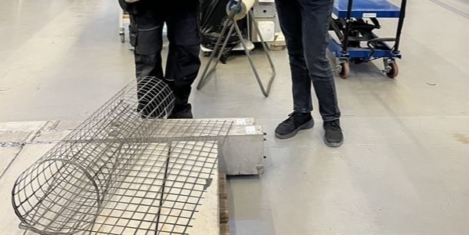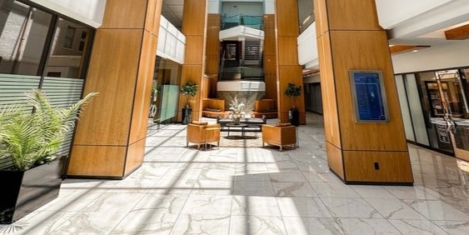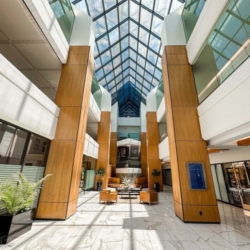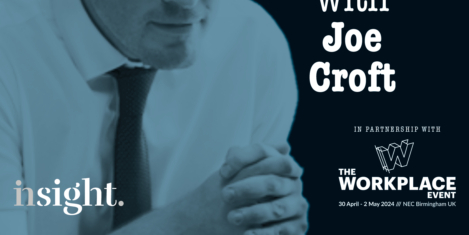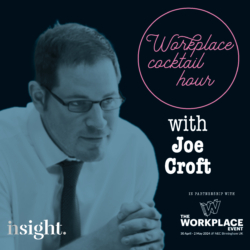March 21, 2024
Reinforcing concrete with textiles instead of steel could be game changer for built environment
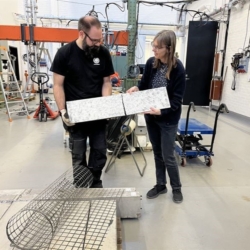 By reinforcing concrete with textiles instead of steel, it is possible to use less material and create slender, lightweight structures with a significantly lower environmental impact. The technology to utilise carbon fibre textiles already exists, but it has been challenging to produce a basis for reliable calculations for complex and vaulted structures. Researchers from Chalmers University of Technology, in Sweden, have now developed a method that makes it easier to scale up and facilitate the construction of more environmentally friendly bridges, tunnels and buildings. They say the technology has the potential to transform the built environment. (more…)
By reinforcing concrete with textiles instead of steel, it is possible to use less material and create slender, lightweight structures with a significantly lower environmental impact. The technology to utilise carbon fibre textiles already exists, but it has been challenging to produce a basis for reliable calculations for complex and vaulted structures. Researchers from Chalmers University of Technology, in Sweden, have now developed a method that makes it easier to scale up and facilitate the construction of more environmentally friendly bridges, tunnels and buildings. They say the technology has the potential to transform the built environment. (more…)





